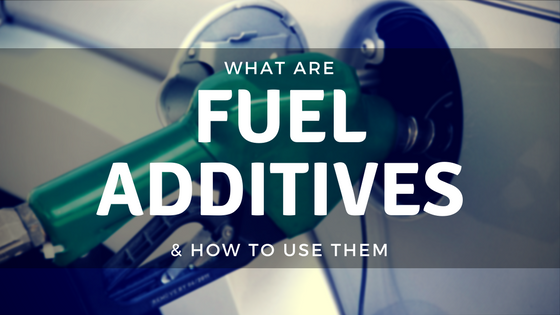Fuel additives can be very helpful for increasing a vehicle’s efficiency and improving performance, yet many people know very little about fuel additives in general and even less about specific types and purposes. To help people learn about fuel additives, we’ve compiled some basic FAQs…
What Are Fuel Additives?
Fuel additives are compounds that can be added to motor vehicle fuel to prevent or even remedy problems with a vehicle’s fuel delivery system. They cover a wide range of products that serve different functions such as preventing engine corrosion, lubricating engine parts, and preventing the fuel lines from freezing in cold weather. In short, a fuel additive can be any product that can be added to your vehicle’s fuel to improve its performance and prevent catastrophic problems from occurring.
Do Fuel Additives Work?
In a word, yes. Different vehicles have different maintenance requirements and they may each require their own specific fuel additives. For example, a gasoline stabilizer will preserve the volatility of gasoline so that it can continue to combust like it should. This normally isn’t an issue with cars and trucks that are driven regularly, but it is a common problem with seasonal-use vehicles such as boats or lawn care equipment. Meanwhile, fuel-line antifreeze will lower the freezing point of gasoline for vehicles that are used in freezing weather and octane boosters are often used to increase the octane of gasoline and reduce the wear on engines in antique vehicles.
How to Use Fuel Additives
In order to use fuel additives, you first need to know what kind of additives you need for your vehicle. If you’re experienced with working on your own car or boat this should be as simple as doing the proper research, buying the right additive, and following the instructions. If you are uncomfortable with this task you can always ask your mechanic for advice.
Some fuel additives can be added directly into your vehicle’s gas tank when you are refueling or performing some other maintenance, while others have to be added to the fuel itself before it goes into the tank. Make sure to read the directions on the additive carefully; the last thing you want is to compromise your engine with the wrong additive.
For more information about fuel additives or to see the many types of additives that we have for sale, contact Berryman Products today.

